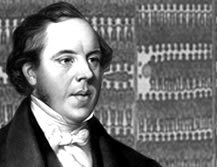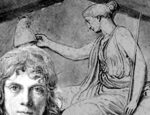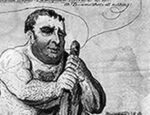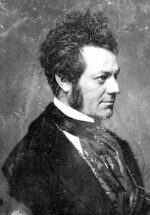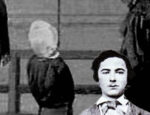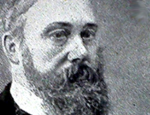Description
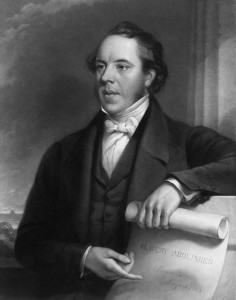 Meet Thomas Clarkson, most influential of all the Britons who campaigned for the abolition of slavery, whose famous campaigning treatise began life rather accidentally, in the form of a Latin prose composition. An Essay on the Slavery and Commerce of the Human Species, Particularly the African, was composed as an entry in the University of Cambridge Latin competition at MA level in 1785. Clarkson cannot have known that his Latin exercise was destined to prove a turning-point in the slavery debate in Britain and to play a major role in global history.
Meet Thomas Clarkson, most influential of all the Britons who campaigned for the abolition of slavery, whose famous campaigning treatise began life rather accidentally, in the form of a Latin prose composition. An Essay on the Slavery and Commerce of the Human Species, Particularly the African, was composed as an entry in the University of Cambridge Latin competition at MA level in 1785. Clarkson cannot have known that his Latin exercise was destined to prove a turning-point in the slavery debate in Britain and to play a major role in global history.
In 1785 the new Vice-Chancellor, Peter Peckard, set the topical question ‘Is it lawful to make slaves of others against their will?’ (Anne Liceat Invitos in Servitutem Dare?). Peckard had become convinced of the righteousness of the Abolitionist cause in 1783 when the captain of the slave ship ‘Zong’ had over a hundred slaves thrown overboard alive in an insurance scam. Clarkson knew about Peckard’s abolitionist convictions, and made the astute decision not to confine his prose composition entirely to antiquity. He also addressed, in contrived Golden Latin prose, the topic of the Atlantic Slave Trade. It is not surprising he won the competition.
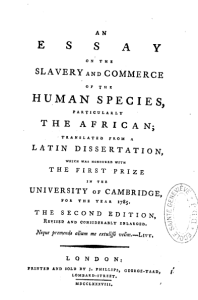 Although Clarkson had previously known little about this subject, it engaged his curiosity and his researches paid off. He then translated his essay into English and it was published repeatedly and very widely read. The treatise drew on earlier discussions of slavery, above all Some Historical Account of Guinea (1771) by the Philadelphia Quaker Anthony Benezet, but the richness of Clarkson’s repertoire of examples from ancient literature was partly a result of the form in which he was writing. Rarely has composition in the Latin language been put to such a progressive use.
Although Clarkson had previously known little about this subject, it engaged his curiosity and his researches paid off. He then translated his essay into English and it was published repeatedly and very widely read. The treatise drew on earlier discussions of slavery, above all Some Historical Account of Guinea (1771) by the Philadelphia Quaker Anthony Benezet, but the richness of Clarkson’s repertoire of examples from ancient literature was partly a result of the form in which he was writing. Rarely has composition in the Latin language been put to such a progressive use.
Clarkson was fascinated by the ancient authors who belonged to the slave class, creating a canonical list that still resurfaces today: the fable composers Aesop and Phaedrus, the philosopher Epictetus, the poet Alcman and the comedian Terence: all these examples, according to Clarkson, ‘afford a valuable lesson to those who have been accustomed to form too precipitate a judgment on the abilities of men’.

